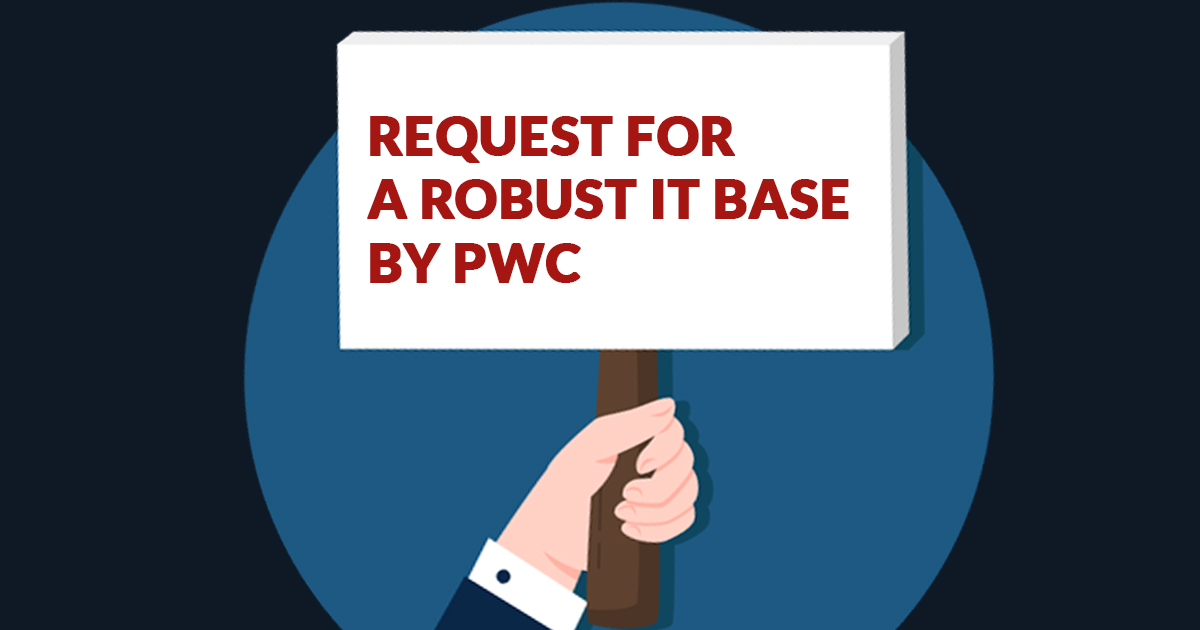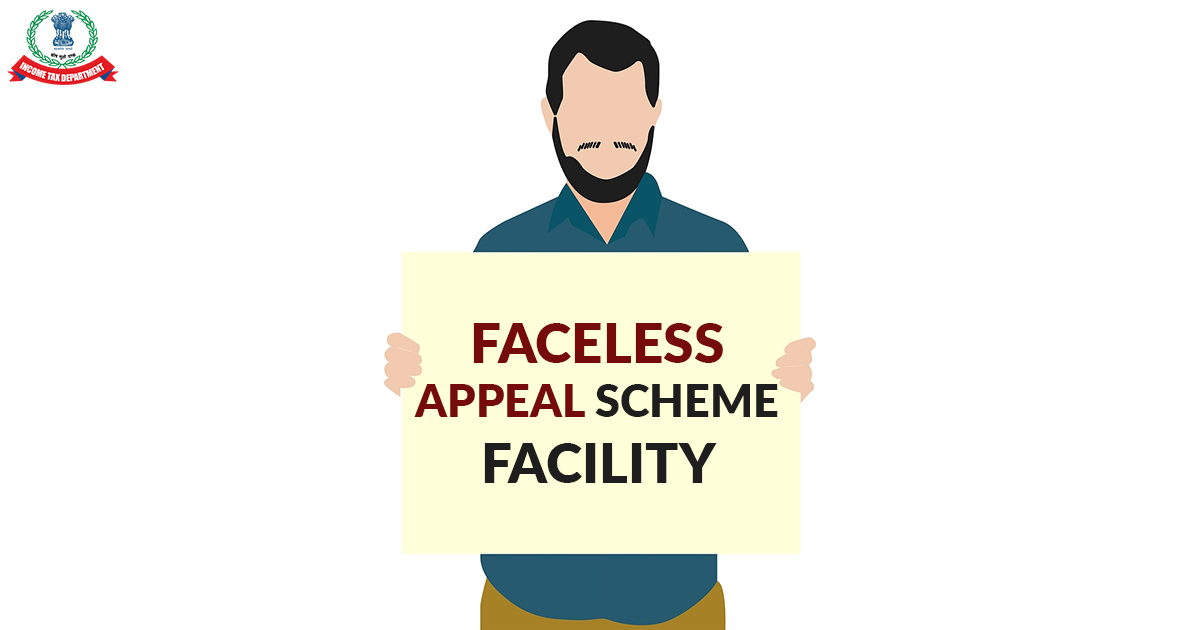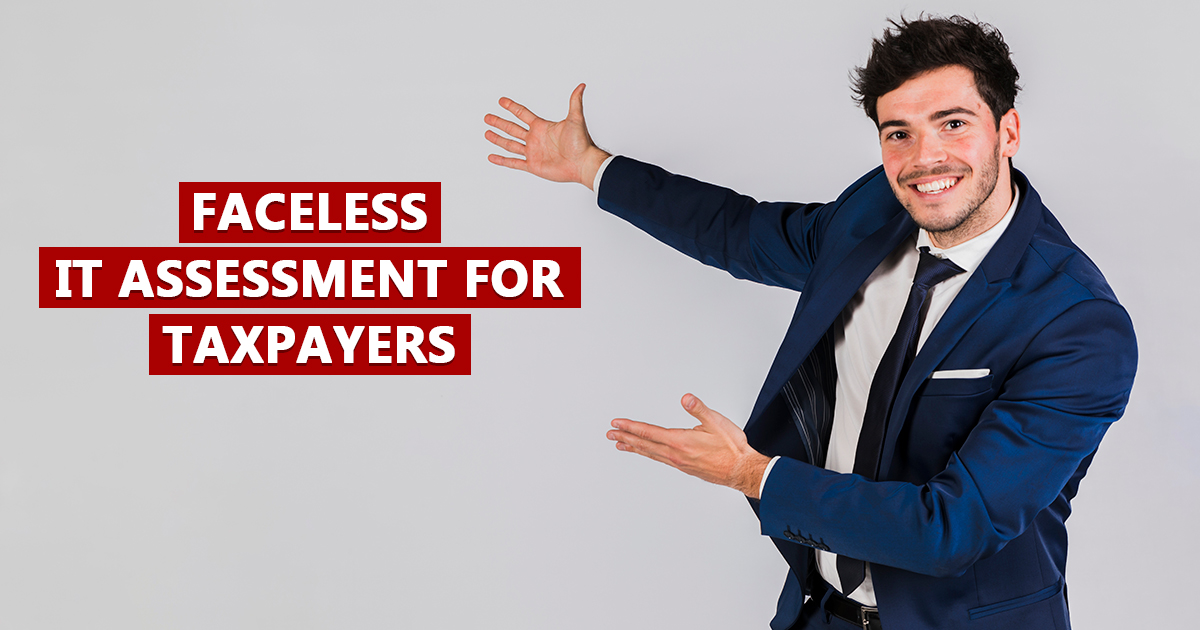An effective IT infrastructure for the development of faceless assessment and faceless petitions policy needs to be built said by the tax consultant PwC to the Income-tax department. A robust IT infrastructure is required so that the taxpayer will furnish the credentials easily as the file consists of numerous pages declared by PwC.

“As on date, the Income Tax e-Filing portal allows a maximum of ten attachments at a time and each attachment can be of maximum 5 MB. In the case of certain taxpayers, backup documents for certain transactions may run into several hundred pages, which is a constraining factor under the existing facility,”
The faceless assessment is required for the purpose of technology concerning the whole policy “there is an imperative need for a robust IT infrastructure,” they comment.
In the concern of faceless appeals 
In the latest agreement, it shall be obligated to the government as well as to assess to have enough IT infrastructure so that there will be no issues in uploading the PDF file of the documents relevant to ITR. A report reveals that it is a watershed time for the assessee if the faceless regime gets arrived in the memoir of tax administration in India.
With some revision, Prime Minister Narendra Modi in august 2020 has adopted a revised policy for the tax assessment so as to execute the faceless filing. The government has given a new name for the e-Assessment scheme to the faceless assessment policy 
PwC announces that it is a recognized decision taken by the government who tributes to the age-old problems plaguing India’s tax administration, through deploying technology, team grounds assessment, and full utilization of inner sources.
“There may be teething problems in the beginning, but we see a robust assessment system in the long run that will iron out issues faced in the existing system, such as non-availability of old documents and records, long waiting hours at the tax office and appeals arising due to administrative failure or lags,”
Concerning the faceless agreement, the major goal is to deduce the interaction between the assessee and the officials, and therefore the assessee might not have the chance to elaborate on the business-relevant issues and difficulties.
“In these circumstances, it is very important for taxpayers to ensure that appropriate documents with the factual matrix are available and filed, and their written submissions (including submissions on legal aspects) are comprehensive but brief and to the point,”
There is no compromise in the information of the security and confidentiality of assessee but is risky maintaining the same for future, beneath the latest system below which the bigger credentials will be furnished and the complete method will run online.
In the other proposal, the report clarified that procurement needs to be executed to accept an assessee’s appeal for a virtual hearing, and not significantly post to the issue of an internal draft assessment order.
The speedy description from the CBDT on certain perspectives will benefit to smoothen the transition for the newer system.









